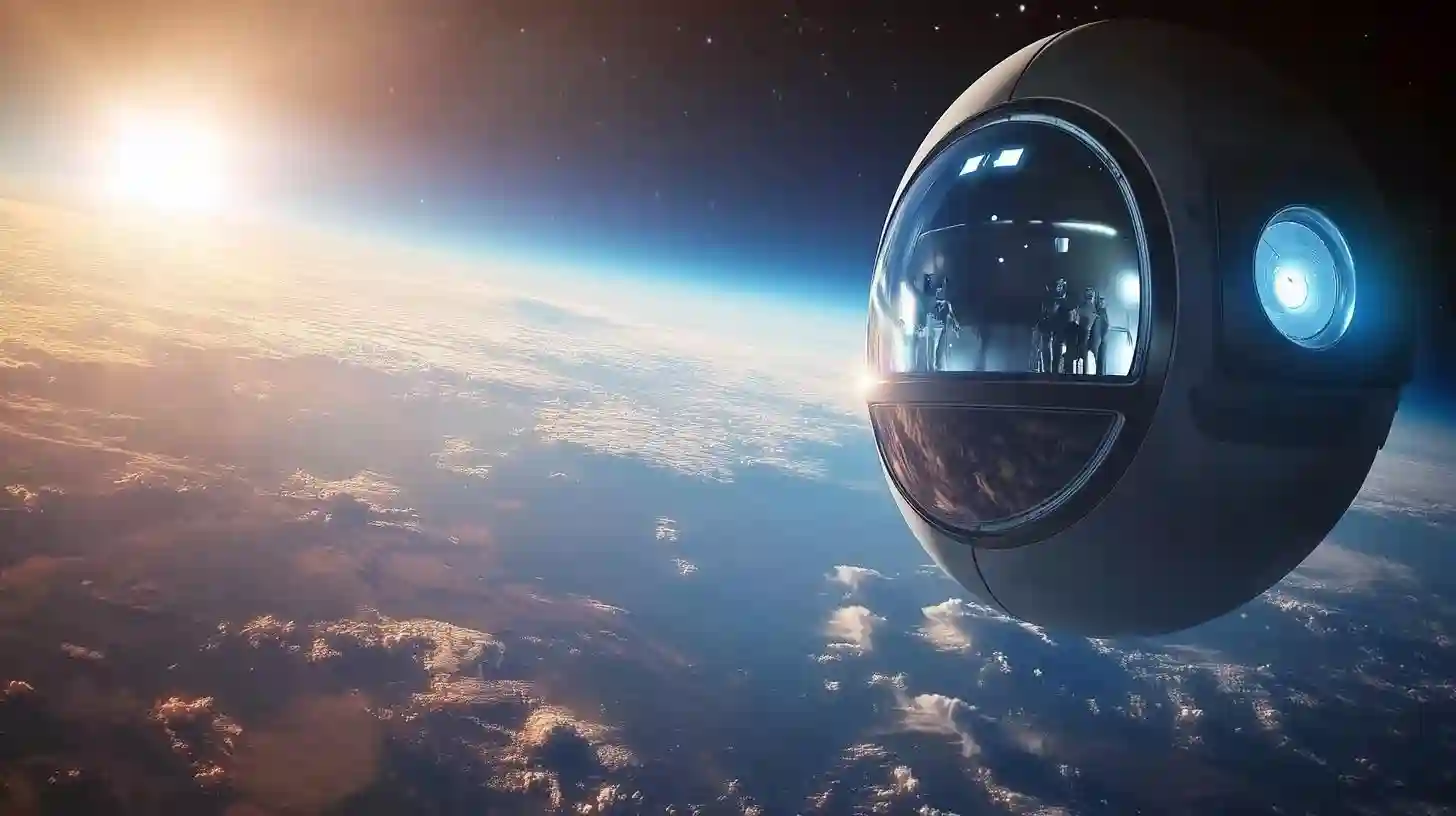
As the concept of space tourism gains traction, experts from various fields are examining both its promising economic opportunities and the ethical considerations it brings. The allure of traveling beyond Earth's atmosphere captivates the imagination of many, offering a unique experience that was once confined to science fiction. With companies like SpaceX, Blue Origin, and Virgin Galactic leading the charge, the prospect of a burgeoning space tourism industry appears increasingly imminent. However, behind the thrill and excitement lies a complex web of ethical questions that demand attention.
From an economic perspective, space tourism presents an impressive financial opportunity. Industry stakeholders argue that as technology advances and costs decline, more individuals may be able to afford a ticket to space. This democratization could pave the way for a robust market filled with diverse offerings, from suborbital flights to full-on excursions around the Moon. Experts posit that the growth potential in this nascent sector could rival that of early aviation, where a wide array of services—from pilot training to air travel—emerged. Additionally, as the industry matures, it is expected to create jobs in various fields, including engineering, hospitality, and environmental sciences, further fueling economic activity.
Moreover, the interplay between space tourism and scientific exploration is a point of interest among experts. Some argue that commercial space ventures can supplement governmental efforts by providing additional funding and resources for scientific research. Space tourism could fund experiments that require microgravity without relying solely on governmental budgets. Collaborative partnerships between private companies and research institutions may pave the way for innovations in various fields such as medicine, materials science, and environmental monitoring. The potential benefits that arise from these synergies are seen as a win-win for both the public and private sectors.
Yet amid the economic enthusiasm, serious ethical discussions are emerging regarding the environmental impact of increased space travel. Launching spacecraft contributes to carbon emissions and the accumulation of space debris, which poses a threat to both operational satellites and future missions. Experts emphasize the importance of pursuing sustainable practices in the industry from the outset to mitigate these potential harms. This includes developing cleaner propulsion systems and implementing responsible debris management strategies. As stakeholders work towards making space tourism a reality, the challenge is to balance profit with ecological responsibility.
Equally critical are the discussions surrounding access and equity. While space tourism holds the promise of extraordinary experiences, it remains a luxury accessible mostly to the affluent. Experts voice concerns over the potential for a socio-economic divide, where only the wealthy can afford to venture into space, leaving marginalized communities behind. Furthermore, the discourse around inclusivity in this burgeoning field extends beyond financial barriers; it also encompasses questions of representation and diversity among those who will explore and inhabit space. Experts advocate for deliberate efforts to ensure that the space tourism industry is not only inclusive in terms of who gets to travel but also considers whose interests are represented in decision-making processes.
In addition to economic and social concerns, there lies the question of the human experience of space travel. Experts in psychology and human behavior note that exposure to space can significantly alter a person's perspective and values, often referred to as the "Overview Effect." This profound shift can inspire individuals to become advocates for Earth’s environmental health and encourage a sense of global responsibility. As such, the implications of space tourism may extend far beyond mere thrill-seeking; they could fundamentally change how humanity engages with its home planet. However, this positive potential is contingent upon ensuring that the industry develops thoughtfully and responsibly.
The intersection of commercial interests, ethical considerations, and human experiences creates a complex landscape for space tourism. While the thrill of breaking free from Earth's confines captures the public's imagination, experts are keenly aware of the responsibilities that come with this emerging industry. As the discussions evolve, there is an ongoing call for transparency, accountability, and stakeholder engagement in shaping the future of space tourism. The insights offered by specialists across various fields indicate that the journey into space can serve as a powerful tool for economic development, scientific advancement, environmental awareness, and social equity if approached with a conscientious mindset. The path ahead is filled with exciting possibilities, but it requires a collective commitment to prioritize ethical considerations alongside commercial prospects. The fate of space tourism rests on the choices made today, shaping how humanity will experience and contribute to the broader cosmos.